Pokémon just doesn't need two versions each generation anymore - TechnW3
Games being served piecemeal is getting kind of boring.
Three things in life are certain: death, taxes, and new Pokémon gaming content releasing in November. We all know it's coming, and then make up our minds about which of the two versions to buy, as we do every year. Some grumble in speculation about whether a third version of the game will release a year later, never having trusted Game Freak after they seemingly stopped the practice with Pokémon Platinum.
However, I'm kind of tired of it. The novelty of separate Pokémon game versions has worn off, and after the Pokémon Brilliant Diamond and Shining Pearl games release, I don't really care to see the split-version model again.
Smells like déjà vu
Game Freak began releasing two versions of Pokémon games with the original Pokémon Red and Blue on the Game Boy. These games were functionally the same, but each game had its own version-exclusive Pokémon that could only be obtained in the opposite version via trading. Ever since Pokémon Crystal was released as the definitive version of Pokémon Gold and Silver, a third version seemed inevitable each time a new generation of games released.
The third versions, often releasing around one or two years after their predecessors, were touted as the "definitive" versions, with new locations, Pokémon, and plot points. They were only released for generations two, three, and four, but their releases ended up causing an unfortunate mindset that has permeated the Pokémon fanbase. Every time a new generation comes out, people wonder whether it even makes sense to purchase a Pokémon game at release because of how similar the "definitive" versions are to the originals. Why risk purchasing the original version when you may have to spend more money to buy the definitive version to get the complete experience?
If the consumer has to consider not purchasing a product because a better one with new features may release within a year, your business practice is not in the best interest of the consumer. Customers should be able to confidently make a purchase and feel like they're getting a complete experience, without Buyer's Remorse sitting on one shoulder while Fear of Missing Out sits on the other.
Dexit means Dexit
Every year, Game Freak removes an added feature to a Pokémon game and replaces it with another. Features like Mega Evolution, Z-Moves, Dynamax, and Gigantamax are some examples. One of the most contested cuts from Pokémon Sword and Shield was how over 450 Pokémon weren't included in the game, reportedly due to issues with bringing all the Pokémon over to new hardware. Game Freak also clearly stated that they had "no plans" to bring the missing Pokémon back to the game, breaking a lot of fans' hearts.
However, Game Freak seemed to walk back with the Sword and Shield Expansion Pass that would bring back 224 of the 458 Pokémon to the games, reducing the number of missing Pokémon to 234. Understandably, fans felt duped, especially given that the Expansion Pass would cost players $30 per game, with no way to purchase the Expansion Pass and have it be compatible with both titles if you bought both Sword and Shield. Game Freak proposed to continue doing paid Expansion Passes and DLC for future titles in lieu of "definitive" third versions of the games, but in the end, it just felt like it artificially carved off sections of the full game to sell them to players later down the line.
Let's be honest
"Ah, but what about trading?" you may ask. I'm sorry to be that person, but contemporary Pokémon games place much less of a focus on trading than they did in the late 1990s. Trading in older Pokémon games was meant to promote the game and influence its popularity, while making use of the Game Boy Link Cable. Given that Pokémon is the largest media franchise in existence, it's safe to say that it doesn't need to continue selling two games in order to get recognition.
The target audience for Pokémon in the late '90s was school children, who have since grown up and moved away from home. Even among school children today, less of them are coming together to do local wireless trading, and with 898 Pokémon currently available, completing the national Pokédex is certainly not on every player's mind.
More and more games offer online multiplayer features, making it easier than ever to complete the Pokédex. I'd argue that today's Pokémon players are more focused on aspects of the game such as breeding, shiny hunting, and battling others online. Each of these activities does not require a dual-version system for it to work. Instead of trading version exclusives, players could simply trade Pokémon with low encounter rates, ones they've bred for good stats, or even shinies.
Free the Pokémon!
There is no reason, outside of version-exclusive Pokémon, for players to purchase one version of a Pokémon game over the other. They are both functionally the same, with a legendary swap and minute differences. In the only dual-release of the Zelda franchise, The Legend of Zelda: Oracle of Ages and Oracle of Seasons, players could make a conscious decision to choose which game they wanted to buy based on what kind of gameplay they enjoyed. Oracle of Ages offers puzzle-focused gameplay, while Oracle of Seasons was focused on action and combat.
Pokémon is severely lacking an incentive to purchase each game outside of version exclusives, as games like Pokémon Emerald and Platinum show that players can indeed get both legendary Pokémon in a game without the story suffering. Pokémon Sun and Moon did look at this on a surface level, with Sun's time of day being in sync with the player's clock, while Moon had the time of day opposite to the player's clock. This affected what Pokémon would appear in the wild.
It isn't enough, though. We need differing story elements, gameplay mechanics, locations — just something to make one version of a Pokémon game more attractive to the player than the other. There's no real reason to get one version over the other outside of a legendary Pokémon who may just get distributed to your non-native game anyway via a Mystery Gift.
Blast to the past
If you're thinking that there's no way Game Freak would ever release a single Pokémon game, you'd be wrong. The upcoming Pokémon Legends: Arceus, while not a mainline entry per sé, offers battling, catching, and collecting mechanics, all while doing so in one package. Game Freak gets to spend less time worrying about making two games when it can focus on one, and it's resulted in a refreshingly unique concept — a look back on ancient Sinnoh, complete with unique regional forms and storylines.
Though Legends: Arceus isn't released yet, if it does turn out to be a stellar game for what it is, it further proves that Game Freak needs to move on, already. Pokémon will sell well whether one or two games are released, and with one Pokémon game releasing ever year, it puts less strain on developers while giving them creative freedom.
I wanna be the very best
Most fans can agree that Pokémon, as it stands, is getting stale. I can't find a compelling argument for continuing with dual-version releases, since the reasons Game Freak engaged in that practice are no longer applicable to Pokémon players of today. Pokémon Legends: Arceus gives me hope for a future with only one quality game per generation, and I certainly hope the developers deliver on that front. If Game Freak would quit selling parts of a game, only to deliver the remains of it through definitive versions and paid DLC a year or two later, I could see Pokémon fans' spirits lifting and new life being breathed into the series.
Let's go, Sinnoh!
Pokémon Brilliant Diamond and Shining Pearl
$60 at Amazon (Brilliant Diamond) $60 at Amazon (Shining Pearl) $60 at Best Buy (Brilliant Diamond) $60 at Best Buy (Shining Pearl)
Embark on an epic adventure
Pokémon Brilliant Diamond and Shining Pearl are gorgeous remakes of the popular Nintendo DS titles that were first released in 2006. Explore the world, complete your Pokédex, and battle it out across eight gyms and countless Pokémon trainers, all dressed up in an amazing chibi style.
from iMore - Learn more. Be more.
via TechnW3

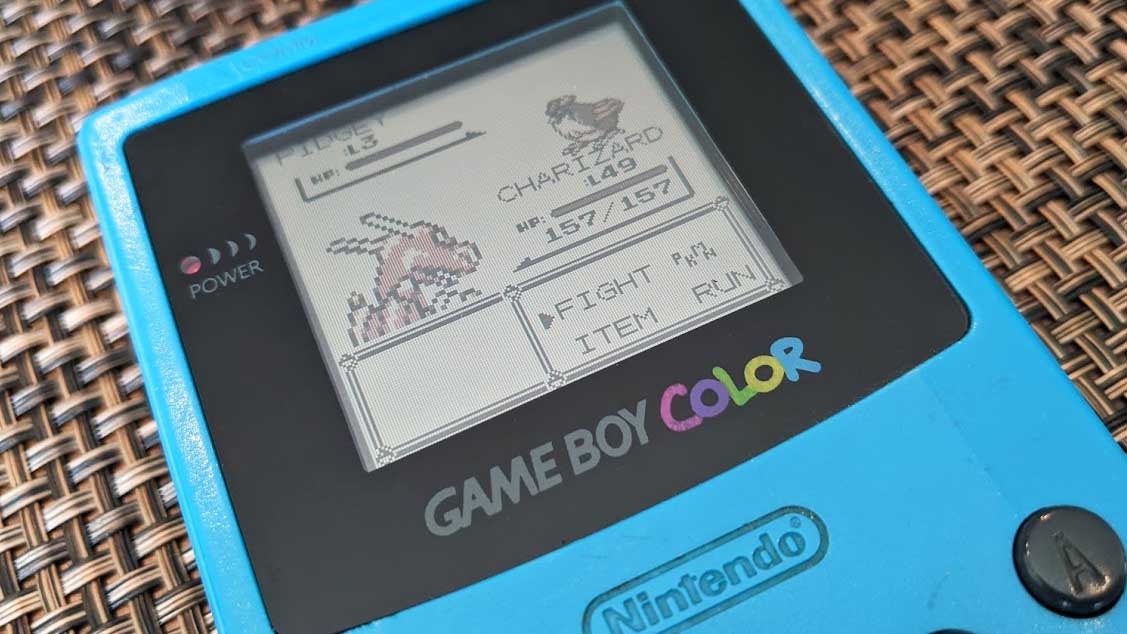
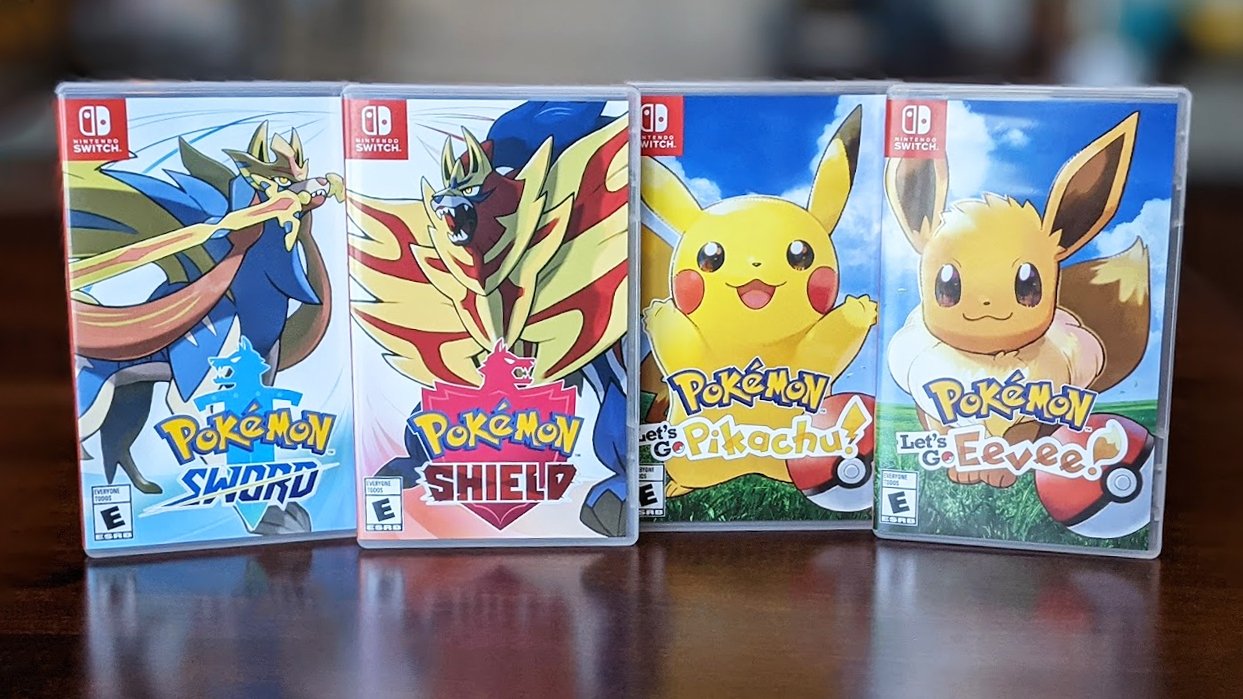
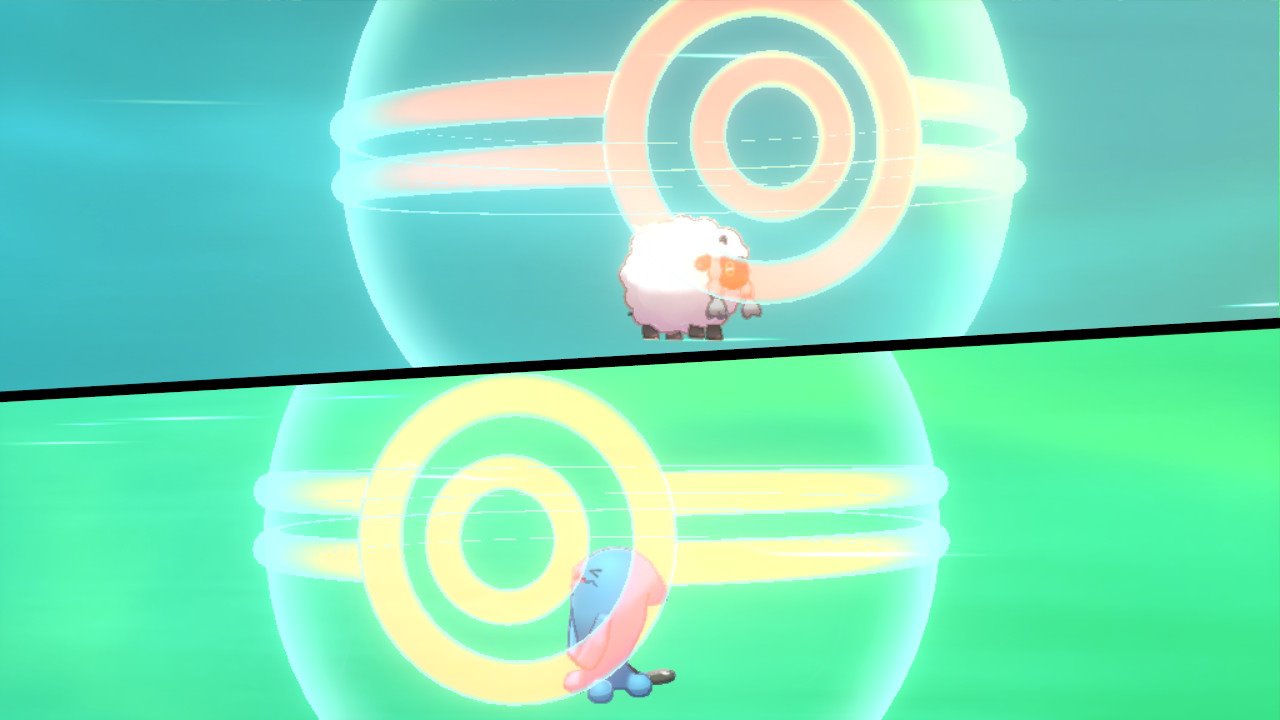
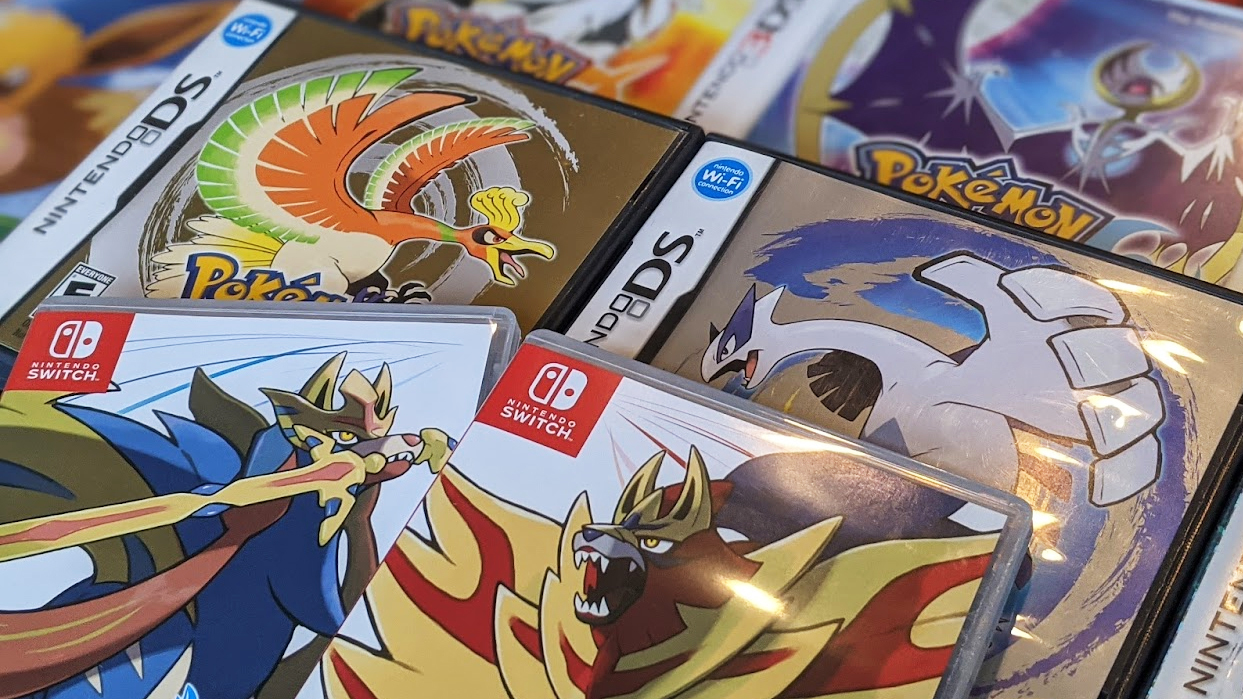
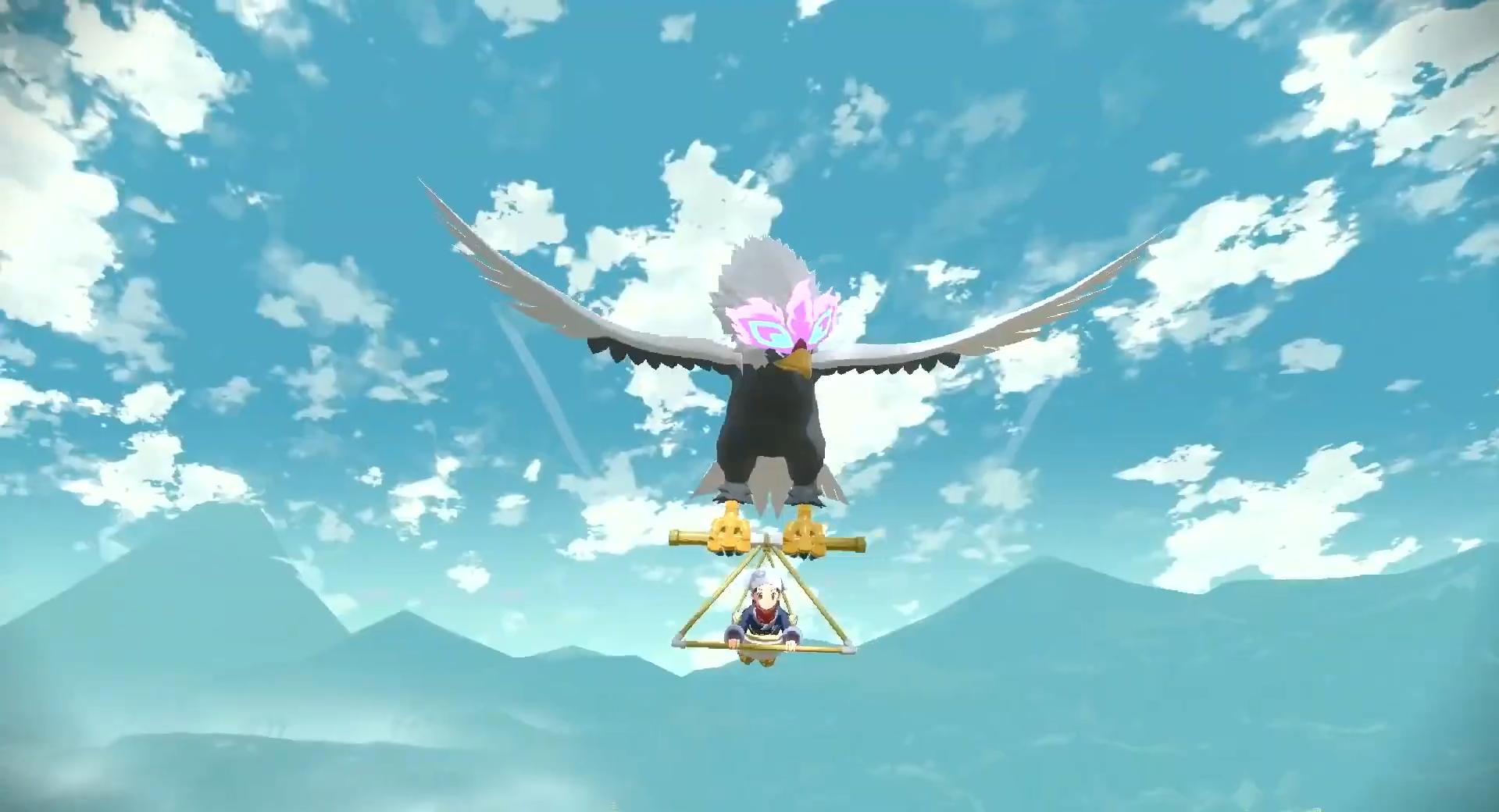
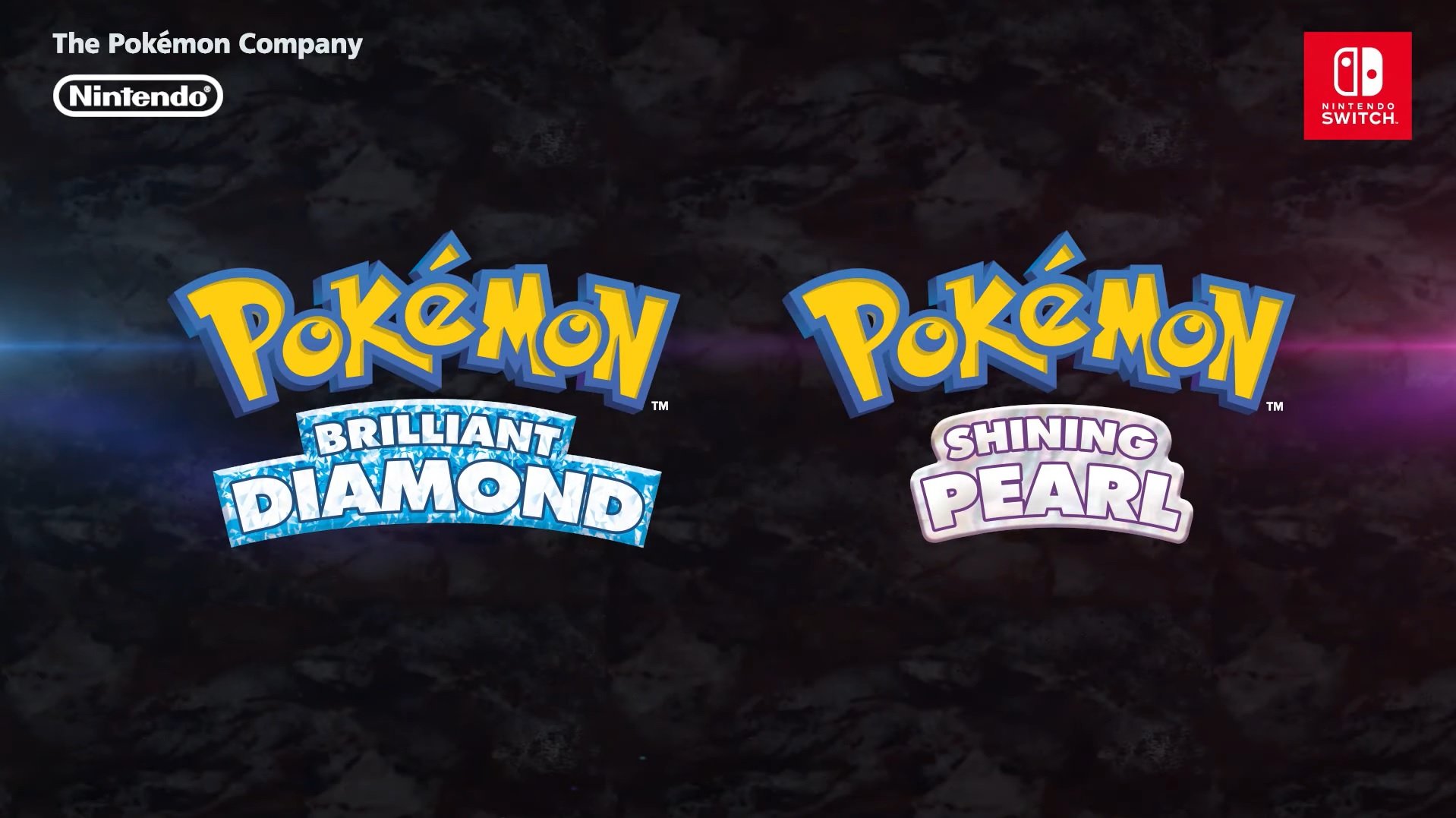

No comments: